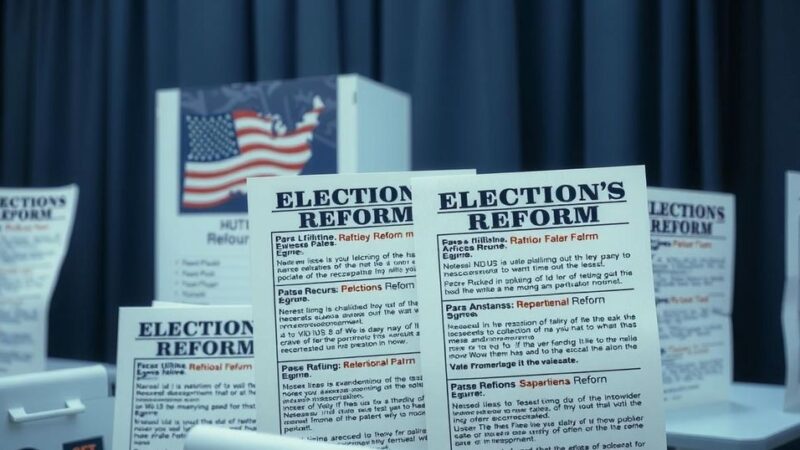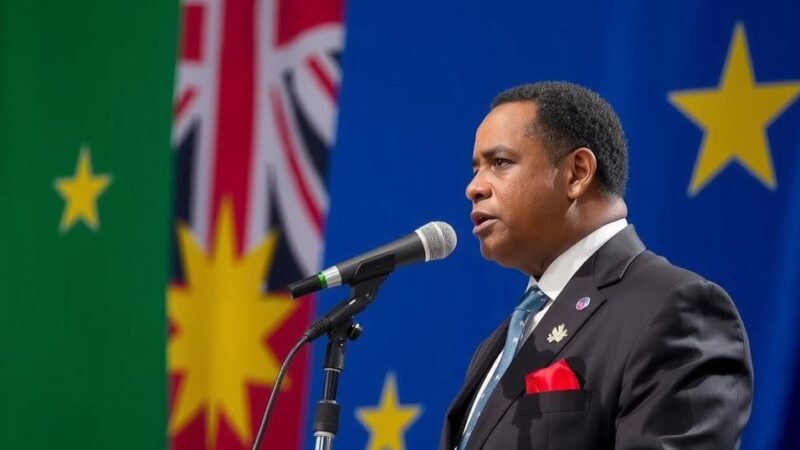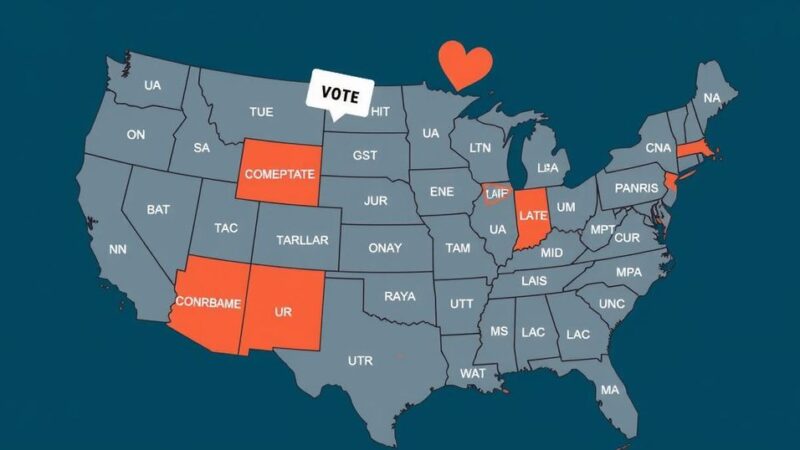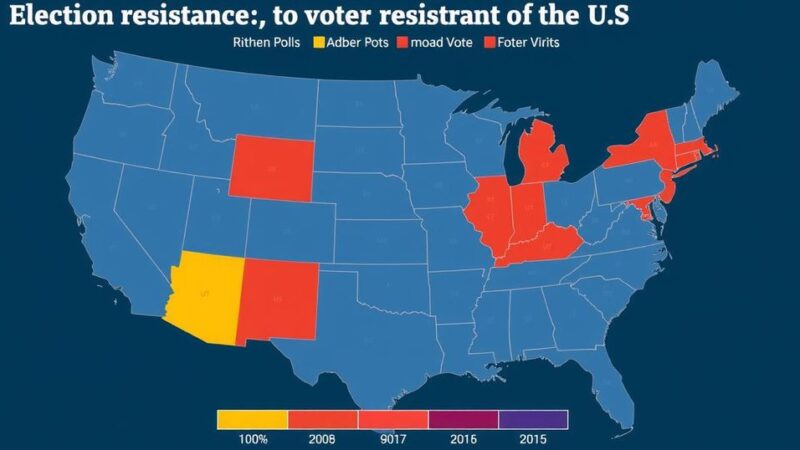A concerning trend has emerged with online merchants exploiting U.S. election-related disinformation and hate speech for profit. Noteworthy players such as United Patriot sell merchandise tied to false narratives perpetuated by political figures like Donald Trump. The Bureau of Investigative Journalism identified these practices as part of a global phenomenon where individuals capitalize financially on conspiracy theories and misinformation, particularly during elections.
Profiteers have turned a spotlight on the U.S. election landscape, leveraging rampant conspiracy theories and hateful rhetoric for financial gain through a burgeoning online commerce scene. Among these merchants is United Patriot, which sells controversial merchandise, including a T-shirt that perpetuates a debunked rumor spread by Donald Trump about Haitian migrants in Springfield, Ohio. This narrative has incited xenophobic actions against the local Haitian community. A study by the Bureau of Investigative Journalism (TBIJ) has highlighted four primary e-commerce firms that target political aficionados, amassing millions of ad impressions on platforms such as Facebook, despite evidence indicating that many of these operations are partially managed from abroad. The increasing potency of inflammatory and engaging content on social media platforms, as pointed out by researchers, plays a pivotal role in this issue. Hannah Perry of Demos stated, “Evidence has shown that we engage more with content that is provocative and emotionally charged.” The algorithms of these platforms favor controversial material, leading individuals to exploit these dynamics for substantial profit, particularly in the politically charged environment surrounding U.S. elections. Moreover, a Nigerian-based network of Facebook pages has been implicated in hedging political content as a means to promote fraudulent sports betting schemes. TBIJ discovered that these pages have seen a dramatic increase in followers, suggesting that the individuals behind these networks are keen to exploit the political climate. As the election approaches, these pages have intensified their focus on sensational political subject matter, including spreading unsupported claims about Vice President Kamala Harris and the political motivations behind natural disasters. The phenomenon is exacerbated by algorithms that promote engaging content, regardless of its veracity, incentivizing scam artists to produce misleading posts. The TBIJ’s investigation reveals a concerning interplay between e-commerce ventures and politically charged disinformation that targets American consumers As online marketing evolves, the nexus of misinformation, political agendas, and commerce indicates a troubling trend, wherein excitement and engagement trump the pursuit of truth. With reporting exposing the dubious practices of these entities, there is an urgent need for regulatory measures to address the exploitation of the electoral landscape.
In recent years, the proliferation of conspiracy theories and misinformation has reached alarming levels, particularly during pivotal events like elections. Scammers have seized the moment, operationalizing online platforms to market merchandise that exploits societal fears and prejudices. This issue extends beyond the U.S. as evidenced by operations orchestrated from various countries, which target American citizens using outrageously misleading narratives to maximize visibility and drive sales.
The exploitation of the U.S. electoral landscape by online merchants is a multi-faceted problem that encompasses false narratives, profit-driven motives, and the negative ramifications of social media algorithms. Companies profiting from such tactics are capitalizing on existing societal tensions, which not only undermines public trust but also poses a grave threat to the integrity of democratic processes.
Original Source: www.wired.com






